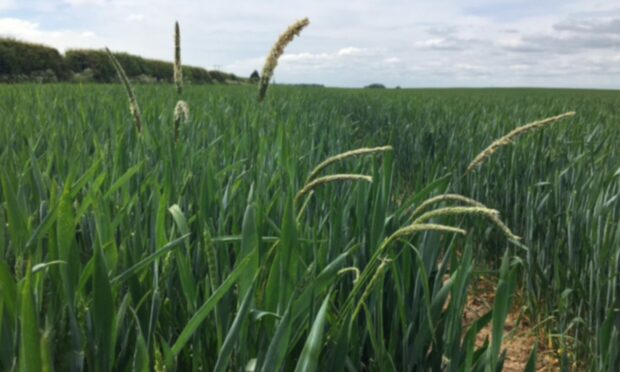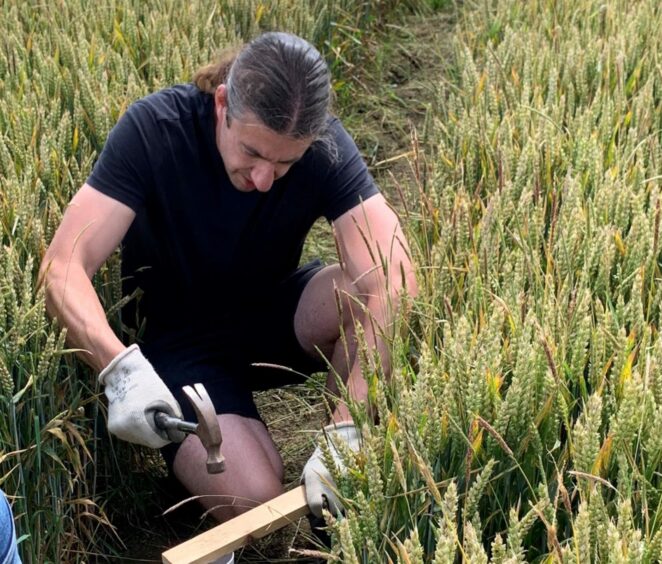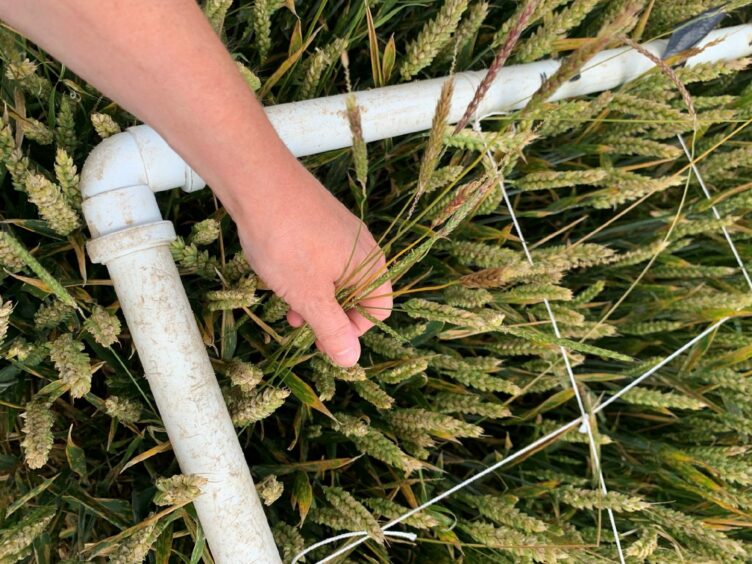New research at Hull University is looking at ways of alleviating the financial and environmental impact of black-grass.
The weed is estimated to cost UK farmers more than half a billion pounds in gross profit every year.
The herbicide-resistant weed outcompetes cereal crops for light and space and has been estimated to destroy enough wheat to brew eight billion pints of beer or bake more than 1.5 billion loaves of bread a year.
The university team found that farmers spend approximately £112 per hectare on chemicals and other interventions – such as diesel for applying chemicals – to protect their crops.
These inputs are not only costly but result in a subsequent carbon footprint of 118kg of CO2e per hectare.
Researchers used machine learning technology to monitor the growing cycle of the weed in order to help farmers optimise their chemical treatment and fertiliser use.
Lead researcher, Dr Sarah Shaw, a senior researcher at Hull University Business School, said: “Farmers were already doing a brilliant job of altering their practices to manage black-grass, including spring cropping and spraying, but we need game-changing research from other disciplines to address the problem.
“We wanted to find real solutions in order to help reduce this financial burden.
“In optimising the treatment, we were able to have a real impact on the environment.
“The crop pre-emergence stage is the most carbon intensive and costly because of the huge reliance on chemicals and we need to change this.”
The research team is aiming to take its findings from five farm case studies in Yorkshire and test them on a bigger scale across the UK in the next year or two.
It is also exploring practical solutions such as a soil seed index that will help farmers to manage the weed.












